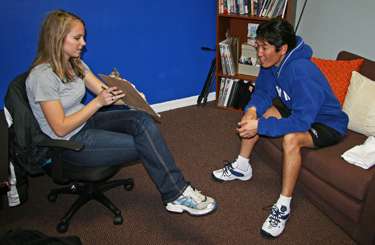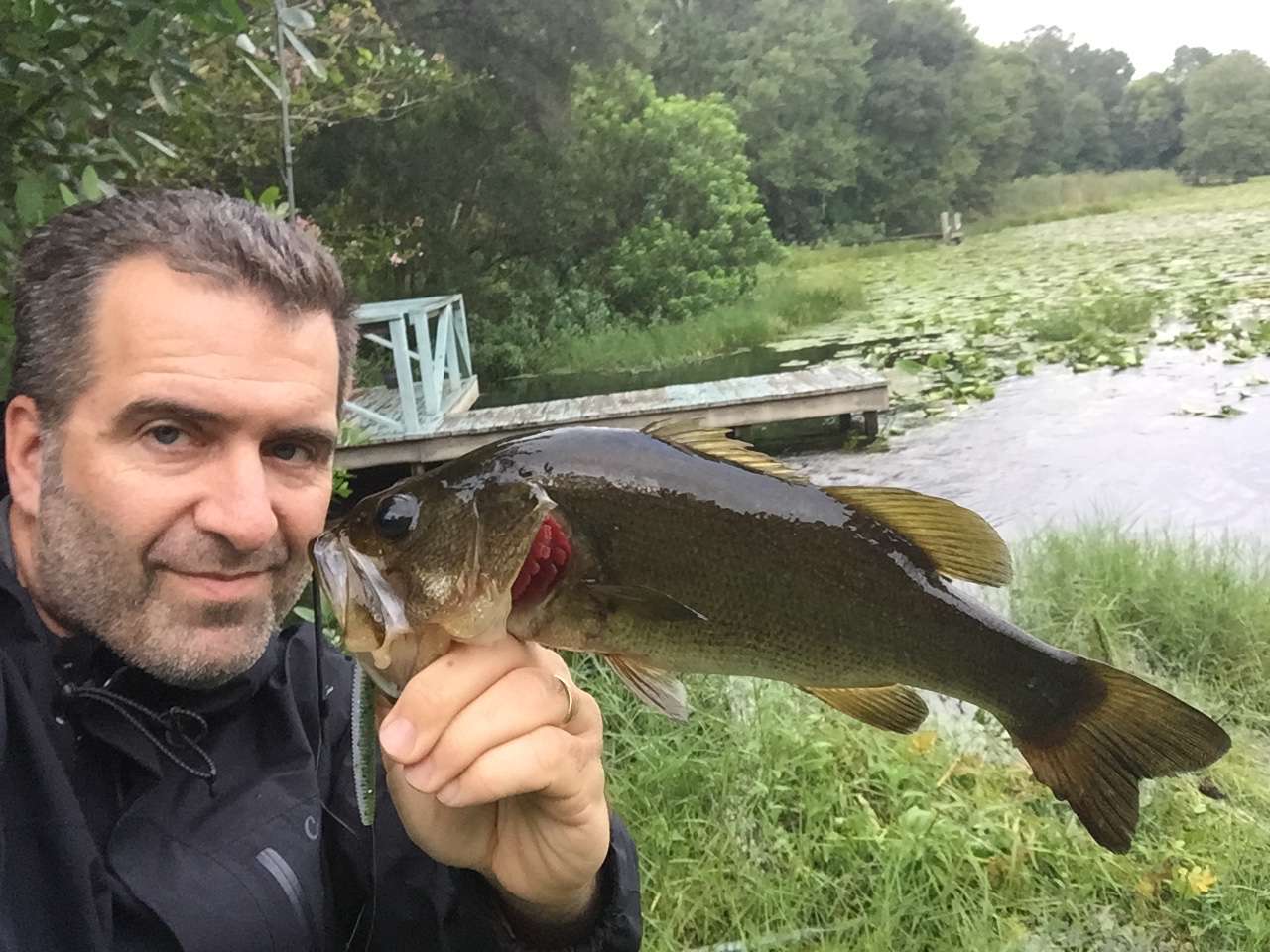
It was a most profound statement — the one that hit the mark with Takahiro Omori.
Ali Le Vine, a mental conditioning consultant for IMG Performance Institute, had just spent 30 minutes sparring with Tak’s admission that certain lakes defeat him before his first cast. Suddenly, she landed a straight right jab that clearly got the former Bassmaster Classic champ’s attention. “Sometimes, we just have to step back and give ourselves some credit for what we do well,” Le Vine said.
Simple statement, big meaning — that’s what Tak has been seeking during the past seven years at IMG. Le Vine shoots straight with Tak — same as with any of the other athletes training body and mind at the Bradenton, Fla., facility. And, as with those stars of tennis, football, soccer, etc., she tells the Elite Series pro that sharpening his game means conquering self-doubt. In shallow water, Tak’s a beast; but when the bite’s deep, his confidence plummets.
Moreover, he simply hates fishing lakes like Clarks Hill that have historically stumped him. He realizes negative assumptions impede his performance, but when it’s just you and the trolling motor, the mind whispers. What are other guys doing? Should I relocate? Will I finish in the money? “After two hours with few bites, it’s tough not to get distracted,” he said. “That’s why I need a mental edge — to stay focused on my game.” Le Vine, a former collegiate soccer player, broke it down into a manageable plan:
- Control what you can: Tak often stresses over changing conditions and the progress of other anglers. He influences neither, so Le Vine told him to focus on the “controllables” — attitude, concentration and effort.
- Consistent dedication: Tak digs the spring spawn, but dragging a jig offshore is not his idea of fun. When he expressed his dread for competing in unfavorable situations, Le Vine encouraged him to equally embrace the good and the bad of his job by focusing on those controllables.
- Select the right target: Shooting for a win at a lake on which he’s never finished in the money may be unrealistic for Tak. However, aiming for, say, 50th place creates a “can-do” scenario.
- Respect the mountain: No one just climbs Mount Everest. Intense planning, preparation, conditioning, failed attempts — that’s the usual formula. The same wisdom bears out for defeating a brutal lake.
Such lessons have given Takahiro Omori a new and more confident outlook on his performance. “My goal is to bring the best of me — not just to win the tournament.” In any outcome, he’ll give himself credit for a job well done.

